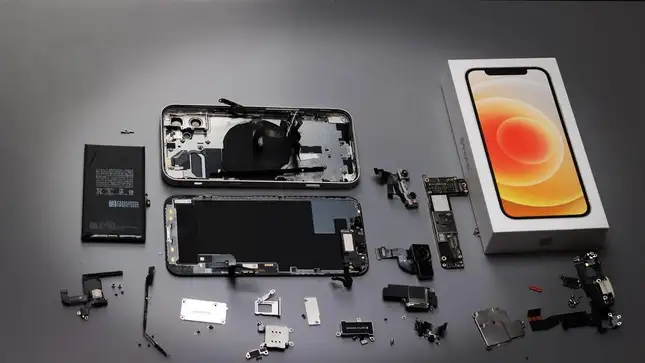Apple Throws Support Behind Right to Repair Bill in California
Apple has officially backed Senator Susan Talamantes Eggman’s Right to Repair Bill in California, declaring its endorsement of Senate Bill 244 that mandates companies to provide repair diagnostics and parts to consumers and third-party providers. This move, as iFixit’s CEO Kyle Wiens puts it, is a significant moment for consumer rights and could potentially dismantle the monopoly on tech repair. The passing of the bill would foster a more competitive market, offering cheaper repair options.
The Right to Repair Movement
The Right to Repair movement has been gaining momentum in recent years. At its core, it advocates for consumers’ ability to repair their own devices, from smartphones and laptops to home appliances and tractors. The movement argues that consumers have the right to access repair information, spare parts, and tools needed to fix their products.
For too long, many tech companies have implemented practices that make it challenging for consumers to repair their own devices. This includes using proprietary screws and adhesives, restricting access to repair manuals, and implementing software locks that prevent third-party repairs.
Apple’s Involvement
Apple’s decision to support the Right to Repair bill in California marks a significant departure from its previous stance. The company has faced criticism for its tightly controlled repair ecosystem, where repairs are typically performed by Apple-authorized technicians or at Apple retail stores.
Apple’s backing of the bill indicates a willingness to embrace a more open approach to device repair. This could have far-reaching implications, not only in California but potentially nationwide.
What the Bill Entails
The Right to Repair bill in California aims to:
- Require Manufacturers to Provide Information: Manufacturers, including Apple, would be required to provide repair manuals, diagnostic tools, and access to spare parts to consumers and third-party repair shops.
- Prohibit Software Locks: The bill would prohibit manufacturers from implementing software locks that prevent devices from functioning after repairs are made by third parties.
- Promote Consumer Choice: By giving consumers more options for repairs, the bill promotes competition and ultimately leads to potentially lower repair costs.
Benefits for Consumers
The Right to Repair bill, if passed, offers several advantages to consumers:
- Cost Savings: Consumers can choose more affordable repair options, potentially saving money compared to manufacturer-provided repairs.
- Convenience: Greater access to repair information and spare parts means consumers can get their devices fixed more quickly and conveniently.
- Extended Device Lifespan: Easier repairs can extend the lifespan of devices, reducing electronic waste and contributing to sustainability efforts.
- Empowerment: Consumers gain greater control over their devices, fostering a sense of ownership and empowerment.
Implications for the Tech Industry
Apple’s support for the Right to Repair bill could set a precedent for the tech industry. If the bill becomes law in California, it might encourage other states to follow suit, potentially leading to nationwide legislation that promotes greater consumer choice and device repair accessibility.
Under the proposed law, products costing between $50 and $100 must have repair materials available for three years after their manufacturing date. For products over $100, the availability should be extended to seven years. Manufacturers will no longer be able to withhold vital information or components after the warranty period expires. Violators will be subject to fines ranging from $1000 to $5000 per day for repeated offenses.
Apple’s support is notable due to its historical opposition to Right to Repair legislation, previously warning of potential risks. However, the company has recently made efforts towards a change in stance. In 2021, Apple initiated direct sales of parts, tools, and repair guides for customers to fix their iPhones and Macs independently. The letter sent by Apple emphasizes that SB 244 balances individuals’ safety, security, and manufacturers’ intellectual property concerns.
While Apple’s endorsement is a step forward, the bill’s ultimate fate remains uncertain. Eggman introduced the Right to Repair Act in 2018, but it only gained significant traction this year. With unanimous approval from the Senate, the bill now faces its final hearing before undergoing legislative approval and potential signing into law by the governor.

